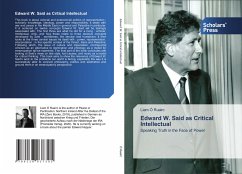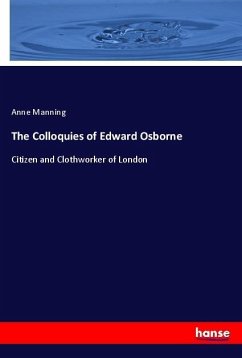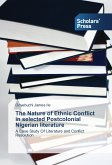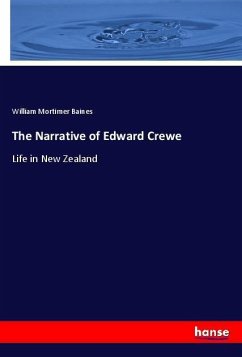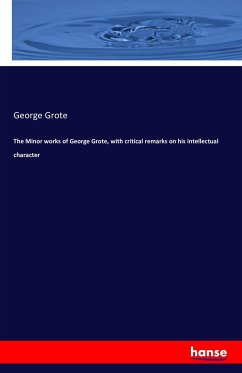This book is about colonial and postcolonial politics of representation ; scholarly knowledge, ideology, power and responsibility. It deals with war and peace in the Middle East in general and Palestine in particular. It is centered on twelve concepts Edward W. Said will be lastingly associated with. The first three are what he did for a living : scholar, intellectual, critic, and how these relate to three decisive concepts developed by Said : worldliness, the secular and humanism. It then looks at the three central issues he dealt with : power, representation, interpretation ; in the specific context of the Orient, Islam and Palestine. Following which, the issue of culture and imperialism, contrapuntal criticism as an alternative to domination and philology as a model for emancipation will be examined. The final part of the book concludes with looking at Said's views on late style, lost causes, and music as a model for critical thinking. This book aims to show the relevance of Edward W. Said's work to the problems our world is facing, especially the way it is successfully able to connect philosophy, politics and aesthetics and ground them in an emancipatory perspective.
Bitte wählen Sie Ihr Anliegen aus.
Rechnungen
Retourenschein anfordern
Bestellstatus
Storno

